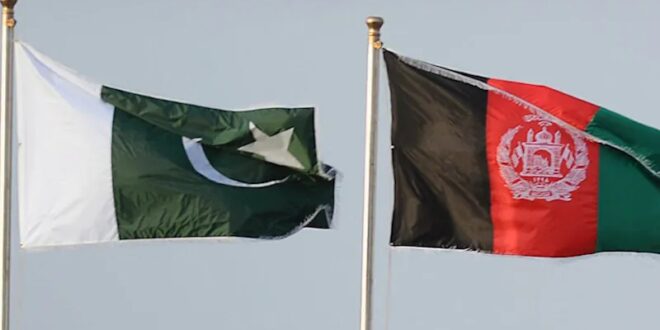On Sunday, August 20, Chief of Staff of the Armed Forces of Afghanistan, Fasihuddin Fitrah said, “Pakistan should search for their enemies on their own soil. As we have promised, no country will be harmed and no country will be attacked from the soil of Afghanistan, we adhere to this commitment. But we will not allow anyone to encroach or attack our soil. Countries stronger (than Pakistan) attacked and were defeated, the smaller ones can never attack. I assure the people of Afghanistan that the Afghan government has the ability to respond to any kind of aggression.” He further added, there are those who make Pakistan insecure from within Pakistan itself and Pakistan should focus on itself instead of criticizing Afghans”.
The statement from Afghanistan came in response to Pakistan’s Chief of the Army Staff, General Asim Munir’s statement as he warned Afghanistan to stop providing safe heavens to militant groups. He said, “Such attacks are intolerable and would elicit an effective response from the security forces of Pakistan, and the involvement of Afghan nationals in acts of terrorism in Pakistan is another important concern that needs to be addressed”.
The COAS of Pakistan expressed grave concerns over TTP’s presence in Afghanistan immediately after the militant attacks in Pakistan’s Balochistan province, which took lives of 12 Pakistani army personnel. Later, the Tehrik-e-Taliban Pakistan (TTP) claimed responsibility of the attacks. Furthermore, according to a recent study from the United States Institute of Peace, the Afghan Taliban, who have been in charge of Afghan affairs since the withdrawal of foreign forces in August 2021, allegedly assist militants who carry out attacks on Pakistan’s territory.
For the Afghan Taliban administration, while American forces were stationed in Afghanistan, the need for sanctuaries and political expediency led to the restoration of relations with Pakistan. However, after seizing power in Afghanistan, the Afghan Taliban are now strengthening their hold by reestablishing the country’s security apparatus and decreasing foreign dependency. According to representatives of Afghanistan’s Ministry of Defense, efforts to bolster the army’s capabilities are ongoing, and 180,000 personnel will be on duty by next year. In addition to that, hundreds of damaged planes and helicopters, as well as thousands of military vehicles were repaired and made operational during the previous year.
After having fought a long and bloody war on terror, Pakistan for its part mainly expected that the Afghan Taliban would take action against the Pakistani Taliban (TTP) and stop them from launching attacks inside Pakistan’s territory- while using Afghan soil as their main base of operations for tactical reasons.
The Afghan Taliban have consistently maintained that they would not let anybody engage in direct or indirect militancy while using Afghanistan’s premises. This has not come to pass; in fact, the TTP has intensified its attacks within Pakistani territory in recent months, and as a result Pakistan’s support for the Taliban government has fluctuated. Another important element that might seriously harm Pakistan’s relationship with the Islamic Emirate of Afghanistan is the government’s unprecedented outreach to India. To this purpose, Mullah Yaqub, the IEA administration’s defense minister and the son of Taliban leader Mullah Omar, declared his government’s willingness to send Afghan soldiers to India for military training, stating that the country will not “have any issue with it.”
With a border that spans on hundreds of miles, Pakistan remains the most significant foreign affiliate for the Taliban regime in Afghanistan, and the IEA cannot deny that Pakistan was perhaps the only country that supported their government on international forums. Pakistan made considerable attempts to persuade the global community, particularly the leading economies, to recognize the Taliban regime in Afghanistan. Afghan Taliban administration must contemplate that withdrawal of Islamabad’s backing will most certainly result in instability in the country and a close cooperation-based relationship focused on ensuring the protection of the mutual interests of both countries is the only sustainable plan to ensure long-term prosperity in the region.
 Eurasia Press & News
Eurasia Press & News


